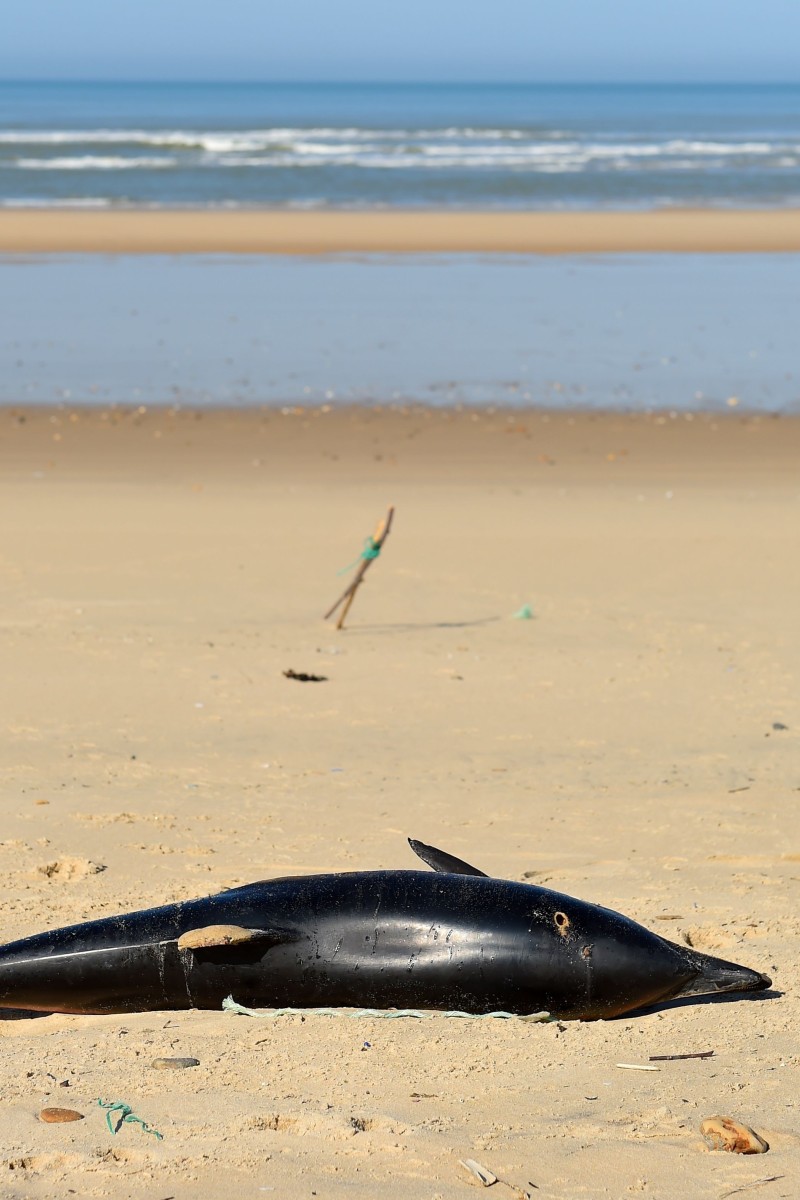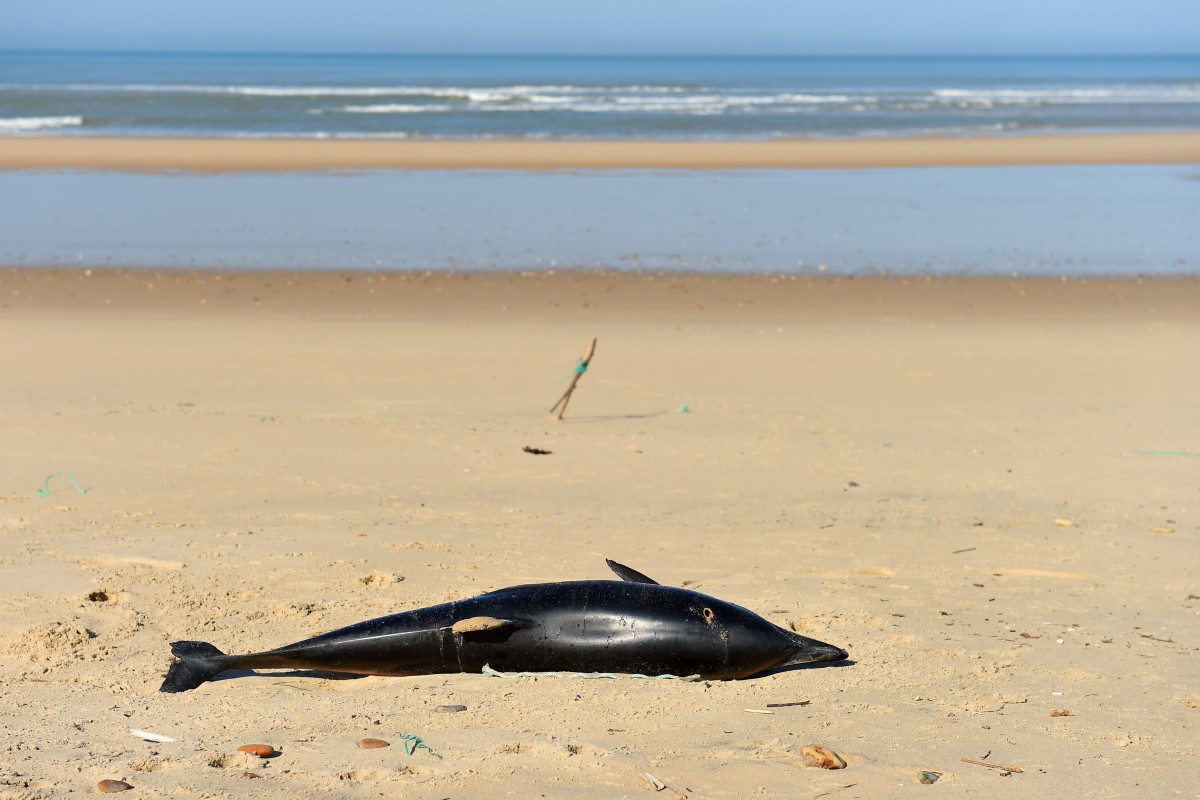
In wake of dead dolphins flooding French coast, sustainable fishing is essential to maintaining marine diversity
Legislation is needed to responsibly manage increasing seafood consumption around the world
 Heavy industrial fishing on the French Atlantic coast has resulted in more than 1,000 dolphin carcasses turning up on beaches. This has been attributed to dolphins becoming caught in nets and drowning.
Heavy industrial fishing on the French Atlantic coast has resulted in more than 1,000 dolphin carcasses turning up on beaches. This has been attributed to dolphins becoming caught in nets and drowning. The industrial fishing industry has long provoked backlash from many environmental groups for unsustainable practices. The French Atlantic coast has, since January this year, been the “recipient” of 1,100 dead dolphins. The sheer scale and number of carcasses littering the beaches has been attributed to dolphins accidentally becoming caught in nets and drowning. Their bodies are then mutilated when fishermen try to free their nets.
Although the situation has prompted French ecology minister Francois de Rugy to announce plans to research acoustic repellent devices to deter dolphins from fishing boats, it’s still not enough to tackle the root of the problem – the industrial fishing practice itself.
Legislation is required to regulate the industry’s actions. Three years ago, a ban on hake fishing was lifted. According to Lamya Essemlali, the president of marine conservation charity Sea Shepherd France, the ban’s reversal is a major factor contributing to dolphin deaths.
However, any future action can only be taken after looking at factors from outside the industry. According to the European Commission – which proposes legislation within the European Union – global seafood consumption has more than doubled in the last 50 years.
Although supplies of traditionally popular types of fish have declined, demand is rising for cheaper, more abundant fish. This change must be taken into account in any legislative action, which should protect the more vulnerable species and ensure that the more abundant species are kept sustainable. Given the decimation of wild fish numbers, the transition from ecologically damaging approaches towards more sustainable fishery practices will require compensation to help those within the industry.
Hong Kong’s 2013 ban on trawling can be seen as a positive example of legislation within the industry, even though it still requires a lot of effort, resources, and manpower to enforce.
For example, the government’s HK$1.7 billion compensation scheme after the trawling ban helped to reimburse fishermen for their business losses so they were able to buy new vessels for open-sea fishing.
Without immediate action – or, at least, immediate consideration, the issues facing France’s shorelines won’t improve. They will only become more serious. It would be a real tragedy to lose any more dolphins than we already have. The time to act – quickly and collectively – is now.
Edited by Ginny Wong
You might also like:
Remains of two finless porpoise found in HK - that's eighth in total since the start of 2019